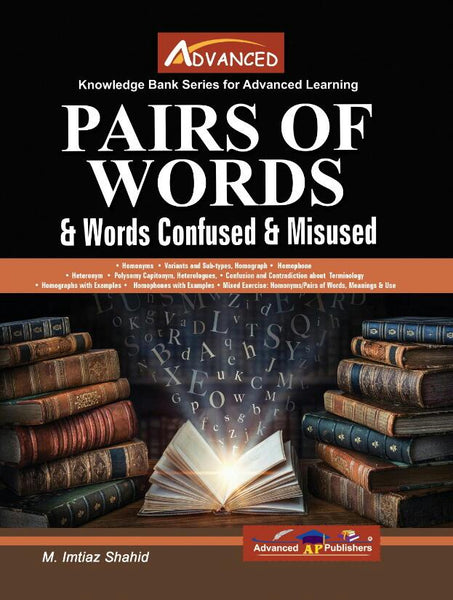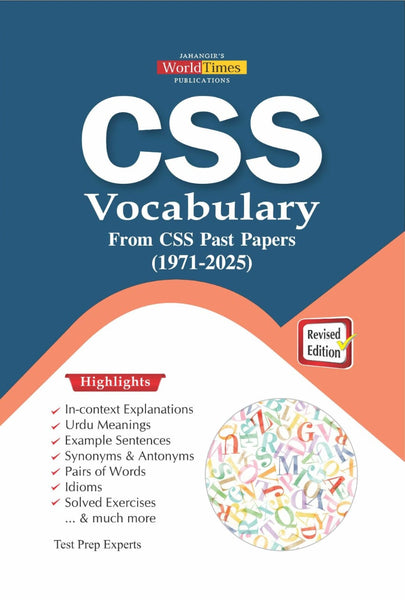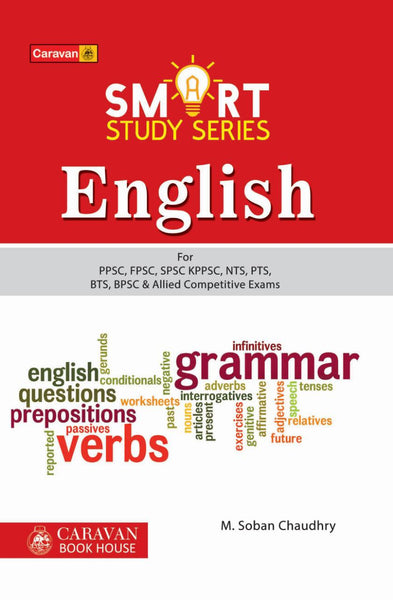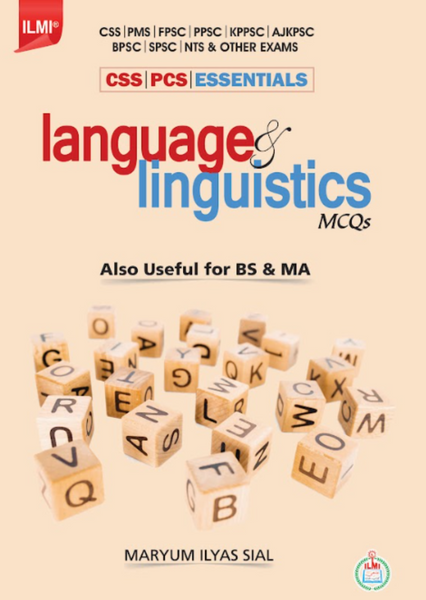Syntactic Theory 2nd Edition by Geoffrey Poole (Author)
- Publisher: ENGLISH LANGUAGE LITERATURE & SKILLS
- Availability: In Stock
- SKU: 30693
- Number of Pages: 358
Rs.860.00
Rs.1,195.00
Tags: advanced syntax , best books , Best Price , Best Selling Books , binding theory , formal linguistics , generative grammar , Geoffrey Poole , language syntax , linguistic education , linguistic theory , linguistics fundamentals , linguistics guide , linguistics professor , linguistics student resource , linguistics study , linguistics textbook , linguistics textbook Pakistan print , modern linguistics , Online Bookshop , phrase structure , sentence analysis , syntactic concepts , syntactic frameworks , syntactic principles , Syntactic Theory , syntactic theory book , syntax 2nd edition , syntax analysis , syntax and semantics , syntax examples , syntax exercises , syntax explanations , syntax for beginners , syntax learning , syntax models , syntax quality print , syntax research , syntax rules , transformational grammar
Syntactic Theory 2nd Edition
Author: Geoffrey Poole
Quality: Black White Pakistan Print
Introduction
Syntactic Theory 2nd Edition by Geoffrey Poole provides a clear and comprehensive introduction to the principles and frameworks of syntactic analysis in linguistics. It focuses on the formal study of sentence structure, making complex theories accessible to students and scholars alike.
Key Points
-
Explores fundamental concepts and models of syntax in modern linguistics.
-
Covers phrase structure rules, transformational grammar, and binding theory.
-
Introduces generative grammar and syntactic frameworks with clear explanations.
-
Emphasizes the relationship between syntax and semantics.
-
Includes examples and exercises to reinforce theoretical understanding.
Conclusion
This edition of Syntactic Theory serves as an essential guide for linguistics students and researchers interested in the formal analysis of sentence structure. It balances theoretical depth with clarity, making it a valuable resource for mastering syntactic concepts.

























